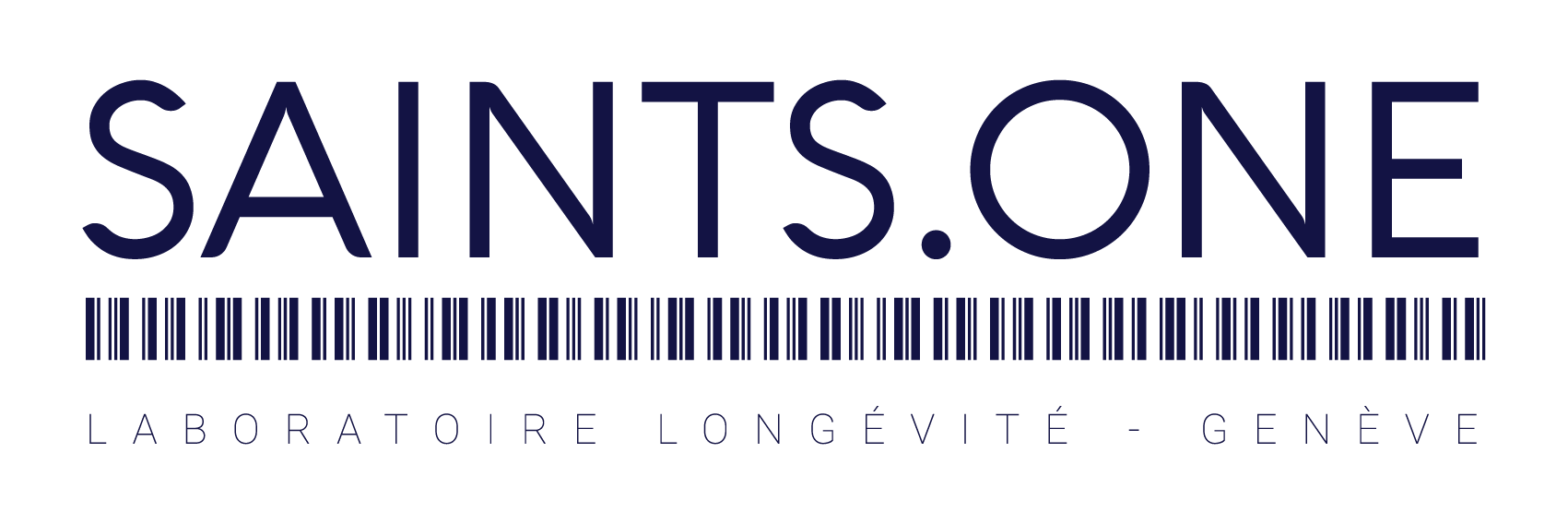The Remarkable Benefits of NMN for Longevity, Slowing Aging, and Health
As we age, our bodies undergo a natural decline in cellular function, leading to a myriad of health problems and a shorter lifespan. But what if there was a way to slow down this process? Enter NMN (Nicotinamide mononucleotide), a groundbreaking supplement that’s been making waves in the scientific community for its potential in promoting longevity, slowing aging, and enhancing overall health.
In this article, we’ll dive deep into the research-backed benefits of NMN, exploring how this powerful compound can revolutionize your life.
NMN and NAD+: A Vital Connection for Longevity
NMN is a precursor to NAD+ (Nicotinamide adenine dinucleotide), a critical coenzyme found in every cell of our bodies. NAD+ plays a pivotal role in numerous cellular processes, including energy metabolism, DNA repair, and cell signaling (1). As we age, our NAD+ levels naturally decline, which contributes to the aging process and age-related diseases (2).
By supplementing with NMN, you can boost your NAD+ levels, thus supporting cellular health and combating the effects of aging (3).
Benefits of NMN for Longevity and Slowing Aging
- Enhanced Cellular Energy Production: NMN helps increase NAD+ levels, which are essential for producing cellular energy (ATP) (4). Improved cellular energy production can lead to increased vitality and overall well-being.
- Improved Mitochondrial Function: Research has shown that NMN can improve mitochondrial function, leading to enhanced energy production and a reduction in the accumulation of cellular damage associated with aging (5).
- DNA Repair and Protection: NMN promotes DNA repair by boosting NAD+ levels, which are crucial for the activation of enzymes involved in DNA repair pathways (6). This can help protect your cells from damage and slow down the aging process.
- Enhanced Cognitive Function: Studies have demonstrated that NMN supplementation can improve cognitive function in aged animals, suggesting that it may also benefit brain health in humans (7).
- Improved Metabolic Health: NMN has been shown to improve glucose metabolism and insulin sensitivity, potentially reducing the risk of type 2 diabetes and other metabolic disorders associated with aging (8).
NMN for Overall Health
By promoting cellular health, NMN can contribute to improved overall health, potentially reducing the risk of age-related diseases, such as cardiovascular disease, neurodegenerative disorders, and cancer (9).
Conclusion
In summary, NMN is a promising supplement that has been scientifically proven to boost NAD+ levels, slow aging, and promote overall health. By incorporating NMN into your daily routine, you can take advantage of its numerous benefits to live a healthier, more vibrant life.
References:
- Cantó, C., Menzies, K. J., & Auwerx, J. (2015). NAD+ metabolism and the control of energy homeostasis: A balancing act between mitochondria and the nucleus. Cell Metabolism, 22(1), 31-53.
- Imai, S. I., & Guarente, L. (2014). NAD+ and sirtuins in aging and disease. Trends in Cell Biology, 24(8),464-471.
- Mills, K. F., Yoshida, S., Stein, L. R., Grozio, A., Kubota, S., Sasaki, Y., … & Imai, S. I. (2016). Long-term administration of nicotinamide mononucleotide mitigates age-associated physiological decline in mice. Cell Metabolism, 24(6), 795-806.
- Yang, Y., & Sauve, A. A. (2016). NAD+ metabolism: Bioenergetics, signaling and manipulation for therapy. Biochimica et Biophysica Acta (BBA) – Proteins and Proteomics, 1864(12), 1787-1800.
- Gomes, A. P., Price, N. L., Ling, A. J., Moslehi, J. J., Montgomery, M. K., Rajman, L., … & Sinclair, D. A. (2013). Declining NAD+ induces a pseudohypoxic state disrupting nuclear-mitochondrial communication during aging. Cell, 155(7), 1624-1638.
- Li, J., Bonkowski, M. S., Moniot, S., Zhang, D., Hubbard, B. P., Ling, A. J., … & Sinclair, D. A. (2017). A conserved NAD+ binding pocket that regulates protein-protein interactions during aging. Science, 355(6331), 1312-1317.
- Wang, X., Hu, X., Yang, Y., Takata, T., & Sakurai, T. (2016). Nicotinamide mononucleotide protects against β-amyloid oligomer-induced cognitive impairment and neuronal death. Brain Research, 1643, 1-9.
- Yoshino, J., Mills, K. F., Yoon, M. J., & Imai, S. I. (2011). Nicotinamide mononucleotide, a key NAD+ intermediate, treats the pathophysiology of diet- and age-induced diabetes in mice. Cell Metabolism, 14(4), 528-536.
- Rajman, L., Chwalek, K., & Sinclair, D. A. (2018). Therapeutic potential of NAD-boosting molecules: The in vivo evidence. Cell Metabolism, 27(3), 529-547.

